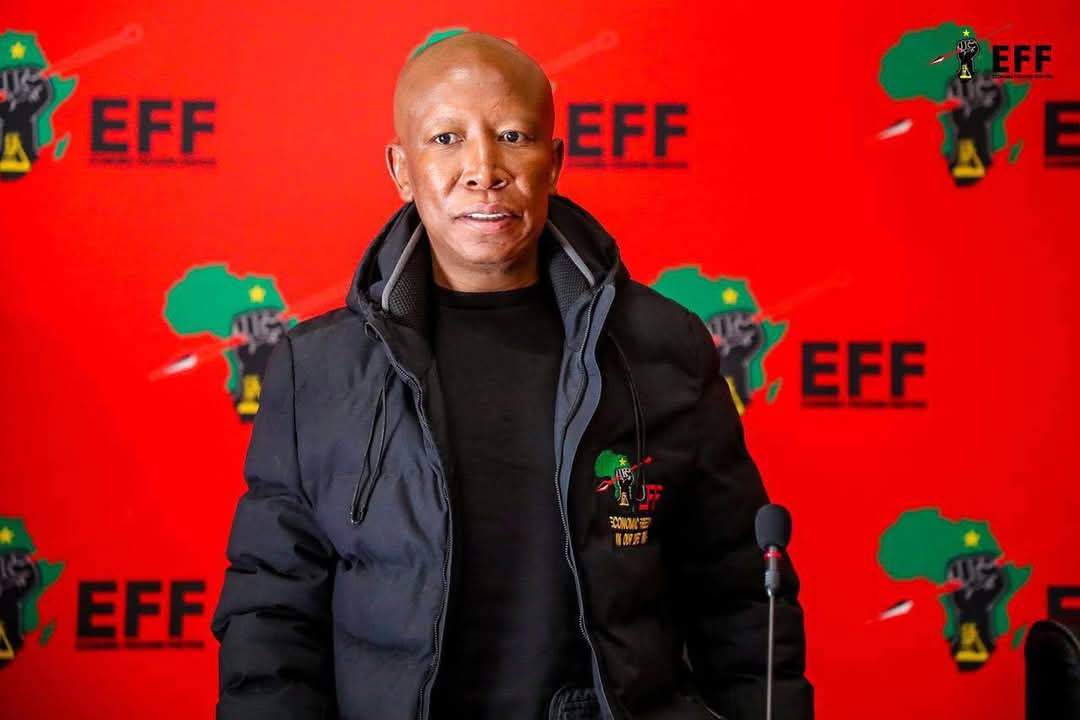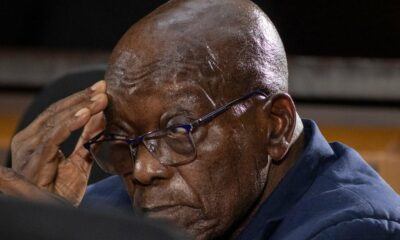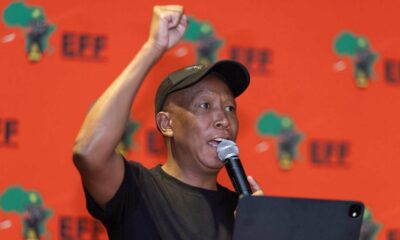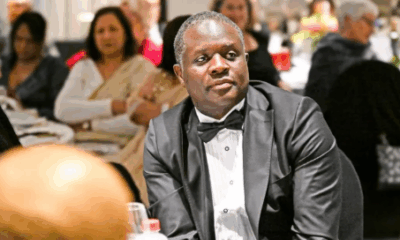News
Malema’s Chant Sparks International Tension as US Questions South Africa’s Political Messaging

EFF leader Julius Malema’s chanting of “Kill the Boer” has sparked international outrage once more, this time at the center of a crucial diplomatic meeting between South Africa and the United States.
US officials expressed concern and criticism after footage of Malema leading the chant in a crowded stadium was purportedly shown during a heated White House meeting between South African President Cyril Ramaphosa and then-President Donald Trump. Trump, who was already dubious of South Africa’s land reform initiatives, expressed concern about what he called hate speech coming from the country’s parliament.
A Persistent PR Issue
Although not against the law, Terence Corrigan, project manager at the Institute of Race Relations (IRR), claims that the chant has been harming South Africa’s reputation overseas for almost 20 years. “This is a long-standing image crisis,” Corrigan told The Citizen, adding that Malema revived the chant, which originated during the ANC Youth League’s tenure under Peter Mokaba.
He went on to say that images of militarized protests and divisive chants can give the impression that South Africa is dangerously unstable to outside observers who are not familiar with the country’s political past. “It would appear that South Africa is roiling with violence and hatred if I were watching this from the US without any context,” he said.
Read More: Malema Hits Back at Trump’s ‘Gossip Stunt’ Over White Genocide Claims
Court Decisions and the Discussion of Free Speech
South African courts have repeatedly declared that the chant does not qualify as hate speech, despite public outcry. The Equality Court concluded in 2022 that there was insufficient legal justification to declare it to be inciting violence. In the Constitutional Court, AfriForum contested the decision; however, the case was dismissed for lack of merit.
Political leaders and analysts are still divided, though. The chant, according to some, is protected speech and culturally symbolic. Others, like Corrigan, contend that whether it is lawful or not, displaying it in public conveys the incorrect message, particularly when diplomatic relations are involved.
MK Party and EFF Under Attack
Members of the South African delegation allegedly accused the EFF and Jacob Zuma’s MK party of widening social gaps and promoting narratives that alienate the world community during the White House negotiations.
Without specifically mentioning the South African government, Corrigan conjectured that Trump might take into account travel restrictions against divisive leaders like Malema and Zuma as a warning. “The United States has previously employed comparable strategies to exert pressure on foreign leaders and political actors that are being scrutinized,” he stated.
Ramaphosa Caught in the Middle: When shown the video of Malema during the meeting, President Ramaphosa appeared visibly uneasy, according to observers. According to Corrigan, this is a reflection of the ANC’s historical unwillingness to face its own political descendants.
“Even though this chant has become accepted in political culture, there are still repercussions,” he stated.
Also Read: Trump Slams South Africa at White House – Ministers Sit in Silent, Public Furious
SA Analysts Reject the US Storyline
The American concern is not shared by all South African voices. Nelson Mandela University political analyst Dr. Ntsikelelo Breakfast rejected the US response as being overblown and biased.
“The United States has a history of accepting its own propaganda,” he stated. “Crying a struggle song shouldn’t be grounds for punishment because we are a democracy with a wide range of political opinions.”
Malema Reacts: I’m Not Sorry
In response, Julius Malema dismissed the criticism on the social media site X. He claimed that the chant does not advocate white genocide and that his party would not make concessions on issues like land expropriation without compensation. He wrote, “A group of old men gossiping about me in Washington.”
The controversy surrounding South Africa’s political rhetoric and its implications is still being debated both domestically and internationally as diplomatic fallout simmers and international scrutiny intensifies.
Follow Joburg ETC on Facebook, Twitter , TikTok and Instagram
For more News in Johannesburg, visit joburgetc.com
Sourced:The Citizen
Picture: X/@wimog87

























